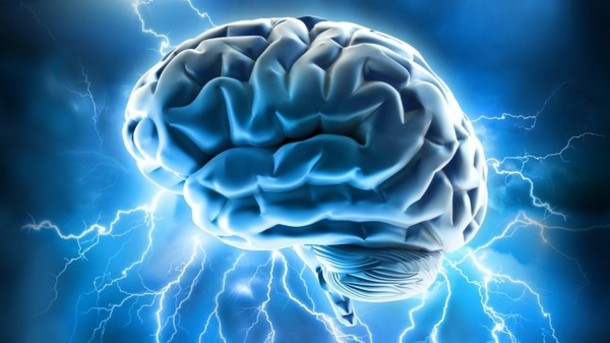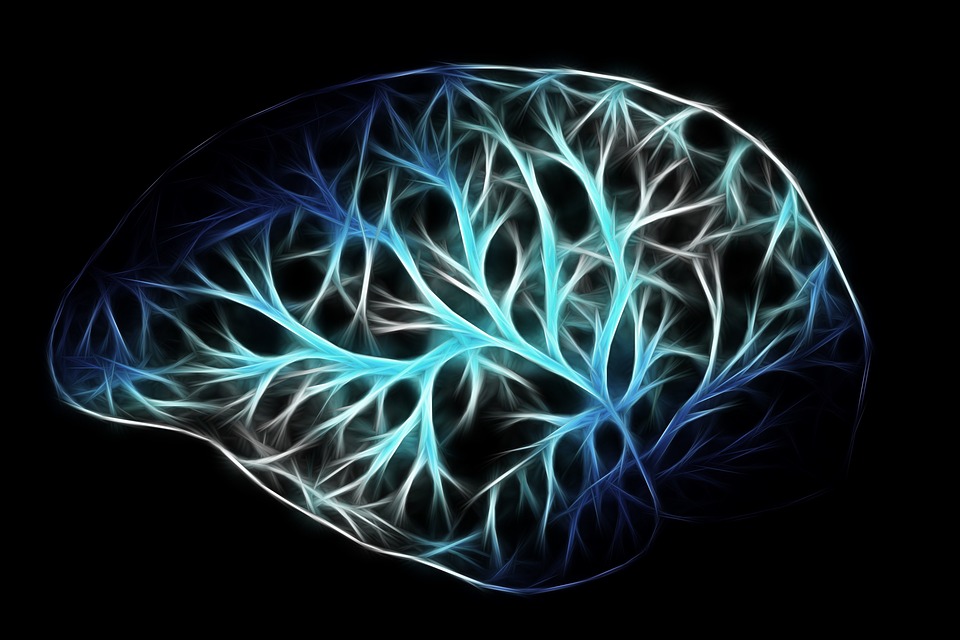How to Improve Your Cognitive Abilities

In our current society and culture, it is common to think of how to improve cognitive abilities in children, teenagers, and college students. But we do not often consider how to improve cognitive skills in adults – and yet brain function is the number one health concern among older adults all over the world today! There is a rapidly growing wealth of information from studies that show that adults can improve their cognitive function regardless of their age. This is important because diminished cognitive function can cause premature aging and reduced life expectancy.
But what is meant by ‘cognitive function’?
Take an online Ageless Grace class with the creator, Denise Medved.
Put very simply, cognition is how we go about attaining information/knowledge. This includes:
- Memory
- Problem-solving
- Decision making
- Attention
- Processing speed (how quickly and accurately you can perform tasks)
- Logic and reasoning
- Language skills
- Auditory and visual processing
- Motor skills
- Social skills
Each of the above skills plays an essential part in processing information. If one or more of these skills is impaired, then retaining the information and/or using it in a meaningful way will be difficult. As we age, some cognitive skills can begin to decline and can even be affected by medications, sensory changes such as hearing loss, health-related changes such as pain or arthritis, and changes in mood.
So, if we know that cognitive skills can naturally decline with age, can we do something to improve cognitive skills in adults to slow or even reverse this deterioration? YES!
How to Improve Your Cognitive Abilities: Exercise
There are so many benefits to exercising, but did you know that it’s good for your brain? That’s right, exercising your body also benefits your brain.
How?
- Exercise increases blood flow to the hippocampus, which is responsible for memory.
- Among many studies that have been conducted on exercise and cognition, one study, for example, showed that those who are aerobically fit have less loss of tissue density in the brain.
- Another study showed that exercise increases one’s ability to handle stressful situations, helps you make decisions, and increases your ability to learn and recall facts.
These studies are great because they scientifically prove what we’ve known for years at Ageless Grace Brain Health – intentionally nourishing the brain-body connection on a daily basis can help improve health and well-being, reduce stress, keep the brain agile and the body responsive. When body, mind, spirit, and emotions are in balance, health and well-being follow. Practicing the 21 Ageless Grace Tools for just ten minutes a day will help the body function with optimal efficiency, and with comfort and ease throughout your life.
How to Improve Your Cognitive Abilities: New Hobbies, New Activities, New Experiences = New Connections in Your Brain!
We all fall into patterns. We get up at the same time and tend to do the same things every day. Habit is comforting, and comfortable, to most people. But we want to challenge you to shake it up a little! Doing new things is great because not only is it fun, it makes new neural connections in your brain, especially if it involves physical movement.
Sit down and make a list of all the things you’ve ‘always wanted to do, but just never got around to.’ Here are some ideas to get you started:
- Take piano lessons
- Take an Ageless Grace class online or in your neighborhood or community – Having trouble finding a class? Email info@agelessgrace.com
- Learn a new language
- Plant a butterfly garden
- Go hiking and study the birds and plants
- Take a class and learn to bake bread, make pottery, study the stars!
- Learn Tai Chi or Karate
- Memorize favorite poetry and then make a card and send it to a friend
- Do something you know how to do differently (i.e. practice your tennis serve with the opposite hand, walk backwards down the stairs, take a new route to work or someplace you go often, brush your teeth with the other hand, take your dog for a walk in a different area or park – there are countless possibilities for causing your brain to fire neurons!)
It’s such an interesting world, and there is so much you can learn and enjoy.
How to Improve Your Cognitive Abilities: Be Active Rather than Passive

This concept is a little more challenging to execute. Are you more active or more passive in your daily life? Here are some examples to help you understand:
Do you flip on the television and ‘zone out’? OR Do you watch a program and think about what is being presented? Maybe you even have a conversation about it after.
Do you read fluff magazines? OR Do you read a more challenging book, article, or science magazine that inspires thought?
Do you let others do the thinking and speaking? OR Do you actively participate in conversation, and put your own thoughts and opinions forward?
It is important for the health of our brains that we become more active in our lives. Of course, it is ok – and sometimes needed! – to zone out occasionally, but it should be the exception and not the rule.
We all want to thrive and live our fullest lives. If you would like more information on Ageless Grace, sign up to receive tips on lifelong health and well-being – and you will also immediately receive our free gift to you: 10 Tips for A Graceful Life and an Ageless Brain and Body.